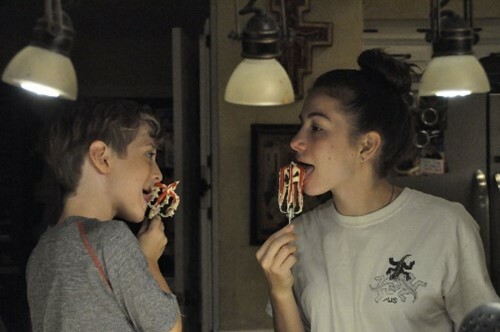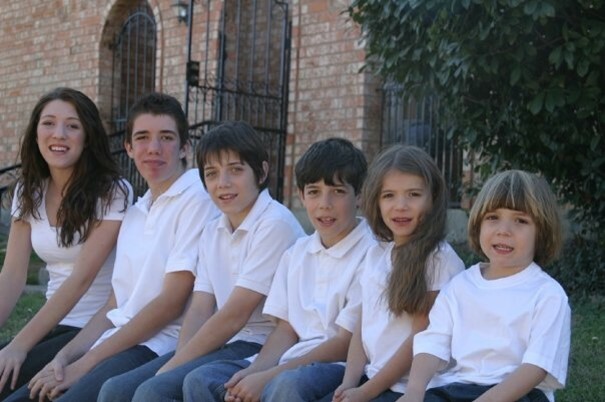
Mary Schommer grew up in a family of seven kids, and, between all of them, they’ve attended private schools, charter schools, and traditional public schools.
While she was in elementary school, two of Mary’s older brothers attended a private all-boys Catholic school while Mary and her other siblings attended the one charter school in Irving. Mary enjoyed her time there: “I liked the individualized attention from my teachers and their focus on both academic and moral education.” However, she was looking for a different type of challenge. When she was in sixth grade, a new charter school opened in her city. The new charter school appealed to she and her parents because of its model that focuses on pursuing truth, goodness, and beauty through its curriculum rooted in the classical liberal arts tradition. Fortunately, Mary and her two young brothers were selected from the raffle. 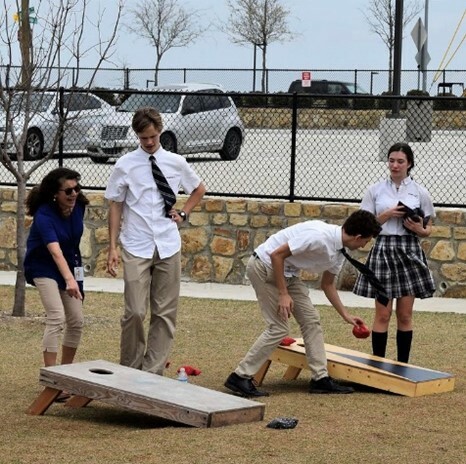
It took Mary time to adjust to her new school’s style and challenging curriculum. The Socratic method her school used helped her meet the challenge; as her class of 20 students discussed and debated the subject matter, she began enjoying the process of understanding.
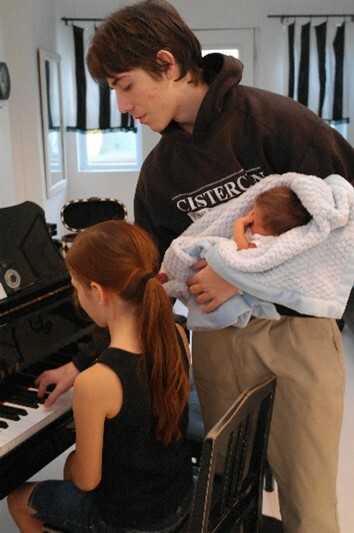
Mary and her family liked the critical thinking instilled by a classical liberal arts education. Rather than only memorizing facts and formulas, Mary was prompted to search for and discover a deeper understanding of how things work and why they work the way they do.
“Instead of separate history class and literature class, my classmates and I would read classical literature for homework and have a two-hour seminar the next day to discuss why historical events and literature techniques are relevant and what they say about human nature.”
Rather than memorizing facts to prepare for quizzes and forgetting them after the test, she learned history and literature from a more streamlined and intensive curriculum in which she gained greater perspective and understanding of the world around her, as well as a love of reading the great works of historical literature.
Because of her school’s small size, Mary was able to develop great relationships with her teachers. “They really got to know me and they mentored me over the years.”
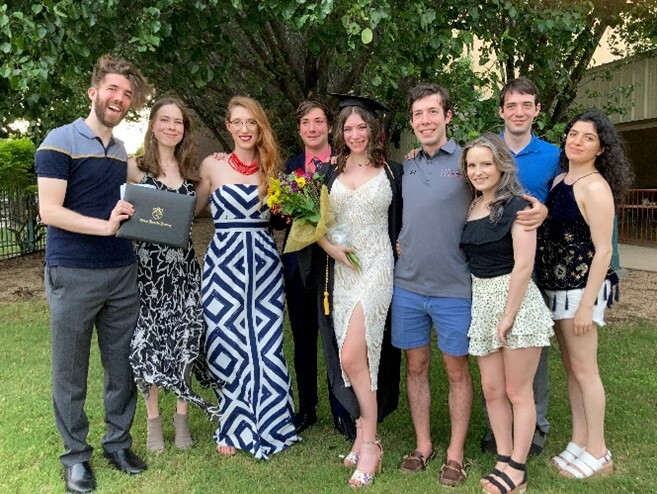
Students across all grades were sorted into Harry Potter-style “houses” based on ancient Greek and Roman leaders. The houses enabled older students to watch the young students grow and guide them, and enabled the younger students to learn from and be inspired by the older students. “I especially loved getting to see my younger brothers regularly during the school day. These aspects of the one-building school made for a strongly unified community that all the students and parents get to be a part of.”
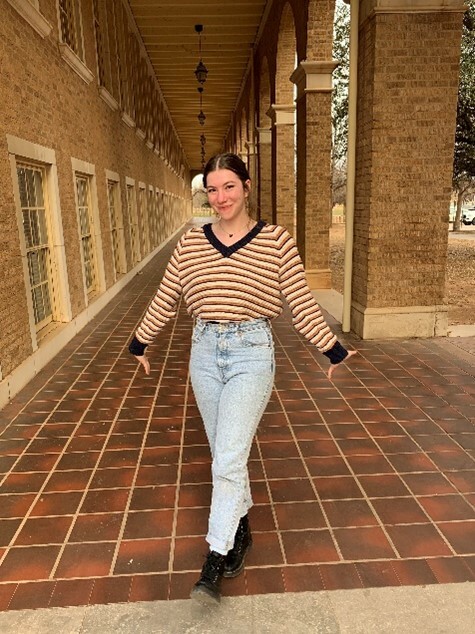
Some of her favorite memories are from when her class did theatre in grades 11 and 12. They memorized scripts, dressed in fancy costumers, and traveled across the school performing for different classes. Another is when it rained during recess and the students ran around outside splashing in the rain the whole time. “They challenged us academically while still encouraging creativity, imagination, and fun.”
Mary is now a freshman at Texas Tech University. “The transition to college was very smooth; I felt very well-prepared. I owe that to the great education and mentorship at my classical school.”
Whatever school one attends has a major impact on the adult one becomes. “My school really shaped the way I think; I think very logically because of all the philosophy and logic training I received in my K-12 education. That’s why it’s so important families are able to choose their education. Your school shapes who you are.”
Mary’s younger brother Sebastian attended the classical charter school for a few years, but he and their parents decided to transfer to a traditional public school they were zoned to after they moved. He loved this school. “He was so excited telling me about the cool classes he got to take—coding, engineering and psychology. I’m so happy he got to make that switch.”
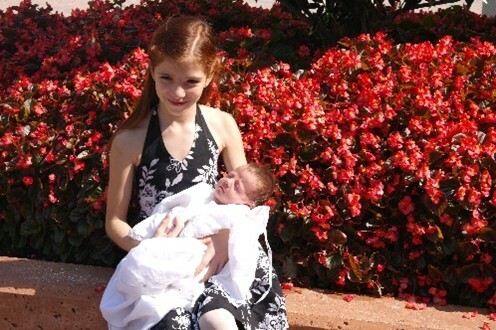
“My older brothers loved their all-boys Catholic schooling experience,” Mary said. “I loved my classical liberal arts experience, and Sebastian loved his traditional public school experience. That’s what education freedom is all about: getting to pick the best choice for you. And what’s best for you might be different from what’s best for someone else.”
In addition to being a college student, Mary now advocates for families to have more options for education—regardless of their income, what zip code they live in, or anything else. “Every family has different wants and every student has different needs. I am so blessed my parents had opportunities to find schools that met our needs and prepared us to be successful after graduation. Every family deserves that freedom.”
